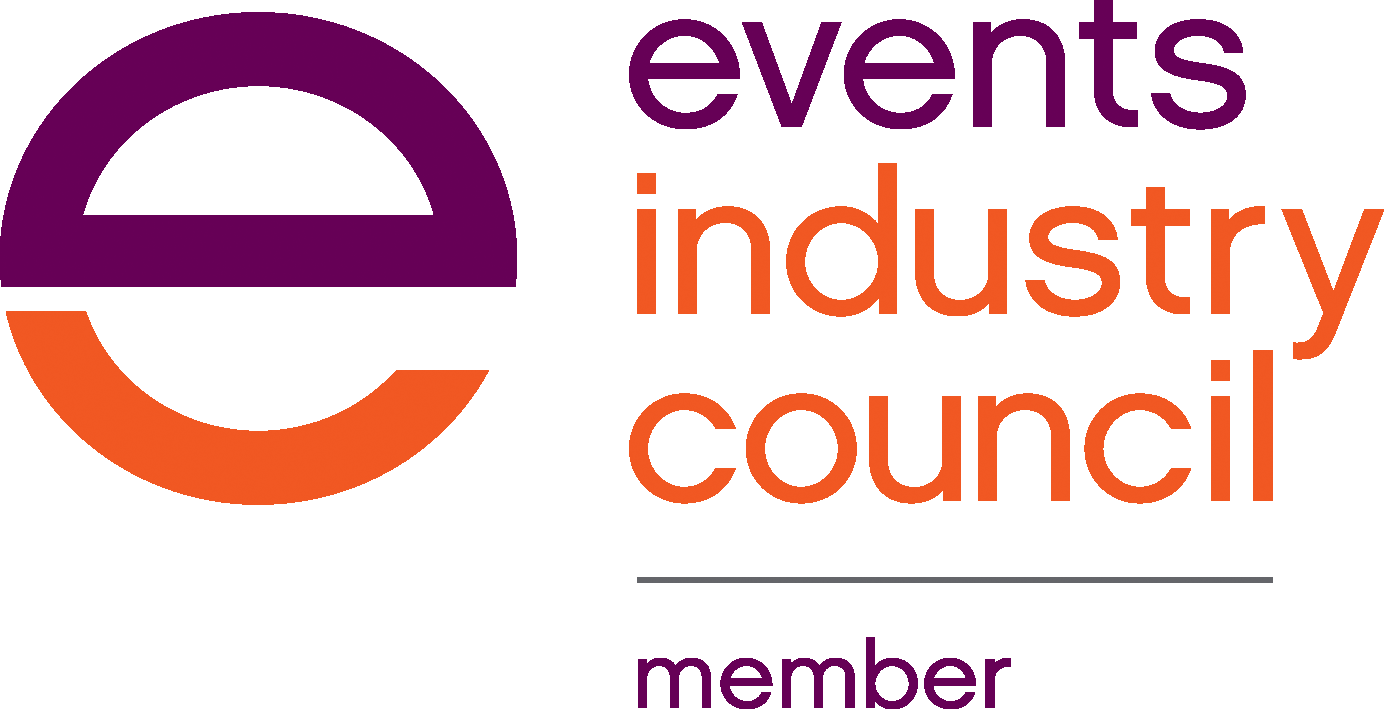Foster Diversity, Equity and Inclusion: 4 Strategies for Event Service Professionals

Event service professionals (ESPs) are dedicated to connecting their clients and visitors with community partners, acting as the key resource and destination and venue liaison for event planners. This offers a unique opportunity to make cultural connections and have a meaningful impact on diversity, equity and inclusion (DEI), which is quickly becoming an essential component for incoming groups.
In honor of Diversity Month, Dominique Bonds, a respected and award-winning thought leader at the Pennsylvania Convention Center (PCC) and president of the Event Service Professionals Association (ESPA), shares strategies to foster DEI when working with your clients.
DEI Strategies
There needs to be a conscious intentionality associated with facilitating events—a recognition that we’re not a homogeneous population when we come together for events. Therefore, it’s paramount to create an inclusive, accessible, gender-affirming space/destination in which all guests feel a sense of belonging.
This entails applying the following DEI strategies, so that we can encourage others to do the same:
- Ask questions and educate yourself.
Do some homework to develop a better understanding of your client. As a starter, look at past speakers, panelists and themes. Understand their cultural and attendee experience goals and objectives for their event, so you can help them to make a strong cultural connection to your city. Be sure to avoid making assumptions and being performative. - Expand your network.
Assuming that traditional demographic information is already known, expanding your network of vendors, suppliers and speakers is essential, to name a few. Ensure you have a database of diverse providers of goods and services that you can tap into to best support your client’s needs and expectations. You should have some working knowledge of the companies in this database—get out into the city, meet with diverse partners and build your resource list.The Institute for Supply Management defines supplier diversity as a procurement practice that requires the purposeful inclusion of diverse suppliers in bid opportunities to increase their representation in sourced spend. Building a culture that supports supplier diversity is action-oriented and involves rethinking processes.
- Remember, representation matters.
Everyone wants to show up and feel a sense of inclusion and belonging. Establish a team to champion DEI efforts and be open to developing leadership-supported employee resource groups (ERGs). ERGs or similar brave spaces can bring diverse voices, perspectives and experiences into the conversation. They will also help ensure that representation is intentional and meaningful.Equally important is to demonstrate your commitment to DEI. Equip and empower your employees with DEI education and meaningful training tools. To show DEI commitment, a DEI statement should be noted on your organization’s website. Incorporate DEI initiatives into your company’s mission and core values. Ensure that your statement and commitment to DEI are visible on community platforms, which helps to hold you and your organization accountable.Consider making DEI training mandatory for all employees, which can be done quarterly or semi-annually. Also, provide opportunities for offsite staff experiences with a destination partner that encompasses what DEI represents, which will educate your staff about diverse cultures and experiences.
- Highlight inclusive marketing.
Before visitors connect with your city, they visually look for signs of relatability—a welcoming connection and sense of belonging. Spotlight inclusive marketing through thoughtful language, visuals, social media and strategies to ensure you’re reaching as wide an audience as possible in a way that properly reflects your company’s values.Additionally, research and be able to provide an inclusive and diverse suggested speakers list, as well as information on inclusive engagement opportunities.
Creating inclusive, equitable and diverse event experiences must be a consistent and evolving process. ESPs must be open to exploring the various resources at their disposal, demonstrating their commitment to this effort. The ultimate goal is for DEI to become an organic process that’s truly engrained in the fabric of event planning.
DEI Guide and Accessibility Toolkit
To explore DEI event best practices and resources, download DEI, A Guide for Event Service Professionals. ESPA developed these new standards to inform event service professionals of the significance and impact of diversity initiatives for their venues and destinations and provide guidance on the three primary pillars of DEI—Education, Supplier Diversity and Inclusive Marketing.
ESPA also recently released a revised version of its Accessibility Toolkit, A Guide for Event Service Professionals. The Guide is a downloadable resource that hotels, convention centers, CVBs and venues can use to ensure a more inclusive meeting experience for guests in their venues and destinations.






